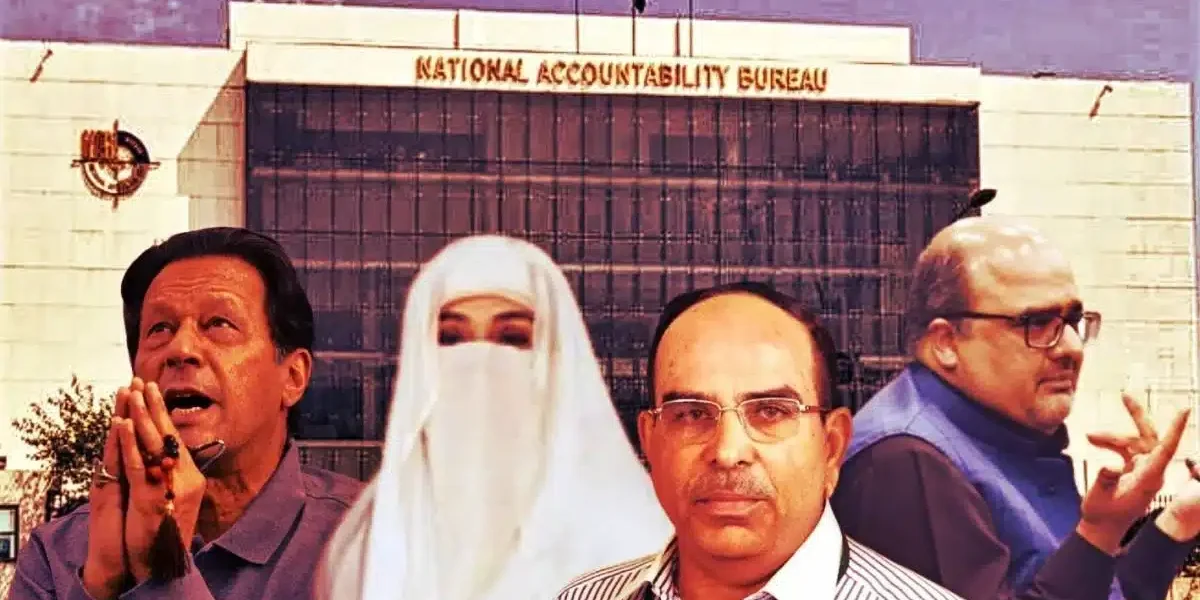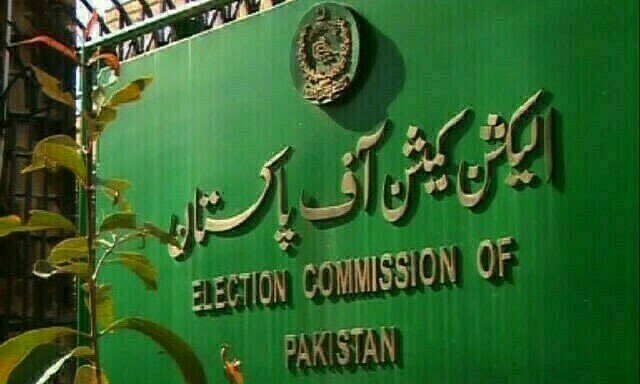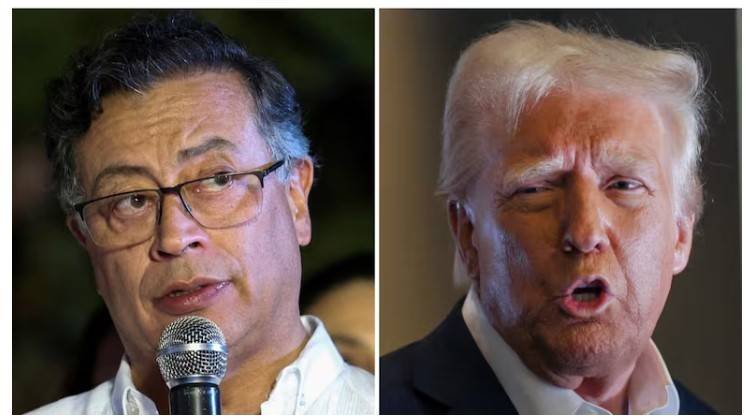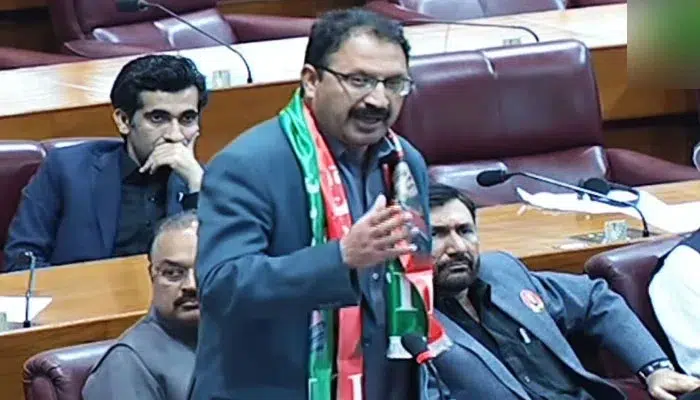ISLAMABAD: Questions are mounting over the Imran Khan government’s role in facilitating the £190 million settlement between a property tycoon Malik Riaz and the UK’s National Crime Agency (NCA).
A confidentiality deed, signed by Shahzad Akbar, then the head of the Asset Recovery Unit (ARU), suggests the Imran Khan government’s direct involvement.
The deed references a Supreme Court registrar’s account and mandates secrecy around the settlement framework unless disclosure is legally required. This raises concerns about the government’s collaboration with the tycoon.
At the time of the settlement, the NCA and the respondents signed a Framework Agreement. This outlined the terms of the seized funds’ repatriation and the sale of assets.
The Government of Pakistan, through the ARU, committed to keeping the agreement confidential.
Imran Khan and Shahzad Akbar have publicly denied involvement in the settlement, claiming it was strictly between the NCA and the Malik Riaz. However, the deed of confidentiality contradicts their statements, showing the government played an active role.
The deed’s clauses reveal that Pakistan’s government agreed not to disclose details of the agreement without the other parties’ consent. It also allowed disclosure only under specific legal conditions, further confirming its involvement.
The deed granted the government authority to clarify or correct public misstatements about the settlement. It also allowed disclosures required by regulatory or judicial bodies but required consultation with other parties beforehand.
Imran’s Khan government permitted the property tycoon Malik Riaz to travel abroad at least 20 times, despite his name being on the Exit Control List (ECL). Just days before Khan’s government was ousted in a no-confidence vote, Malik Riaz was granted an eight-week travel approval.
Shahzad Akbar’s frequent visits to the UK during the NCA’s investigation also raise eyebrows. Records show Akbar visited the UK 10 times between 2018 and 2019, often coinciding with key moments in the case.
These developments contradict the Khan administration’s repeated denials of involvement and raise serious concerns about the extent of its facilitation in the settlement.
Also Read: Imran Khan sentenced to 14 years in prison in £190m graft case
When asked about these claims, Shahzad Akbar initially declined to comment, citing personal commitments.
Rana Sanaullah, the interior minister during the subsequent PDM government, stated he was unsure if the tycoon’s name was later removed from the ECL.
This high-profile case, shrouded in secrecy, continues to prompt questions about transparency, accountability, and the role of the Khan government in the settlement process.
















